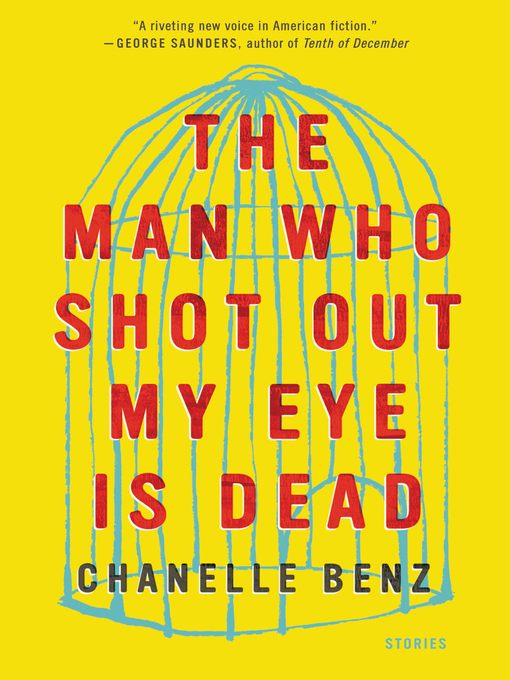
The Man Who Shot Out My Eye Is Dead
Stories
کتاب های مرتبط
- اطلاعات
- نقد و بررسی
- دیدگاه کاربران
نقد و بررسی

October 17, 2016
Evoking eras from the medieval to the postapocalyptic and built around various forms including slave narratives, found documents, and gothic tales complete with sly scholarly notes, Benz’s debut collection of 10 stories is impressive but uneven. The opening story, “West of the Known,” is a 2014 O. Henry Prize winner and one of book’s strongest. Vividly refashioning a Western outlaw tale with a female narrator and taut, inventive language, its chain of violation and retribution is emotionally compelling and historically vivid. Another high point is “Accidental,” in which a woman guilty of vehicular manslaughter sets out on a quest driven by family loss, distance, and fallibility. Set in the present and uncomplicated by the tricky strategies that mark much of the rest of the book, it is powerfully nuanced. In contrast, the labored medievalism of “That We May All Be One Sheepfolde, or O Saeculum Corruptissimum,” with its surfeit of phrasing such as “So cumbrous was mine horror upon the gore that wast my father’s face,” never moves beyond pastiche. At its best, the collection explores violence, identity, and otherness in sharply observed, fiercely eloquent prose. Benz’s bold experiments with voice and genre sometimes fail to make an authentic emotional connection, but she nevertheless displays her daring and gift for language.

November 1, 2016
A wide-ranging debut collection that spans time, genre, and place.It isn't often that readers open a book of literary short stories and find themselves launched from the very first page into a Western, complete with a brothel, saloon, bank robbery, and a narrator who says things like, "Alone, jest us two, in what I had by then guessed was her actual room, tho it had none of the marks of the individual, the whore put the whiskey between my fingers." The story, "West of the Known," is one of two Western-style tales in Benz's book, and it exemplifies what she's best at: trying on voices and settings like costumes and using them as a lens through which to view contemporary life. The variety of these stories is striking. "The Peculiar Narrative of the Remarkable Particulars in the Life of Orrinda Thomas" is an epistolary tale in the voice of a slave who finds notoriety as a poet; "Adela" takes the form of a 19th-century gothic tale with scholarly annotations. This kitchen-sink approach is not without risk. As in any ambitious performance, readers may sometimes feel Benz straining to embody, say, the voice of a 16th-century monk. But when the author finds a fit, she soars, as in "James III," the story of a young boy running away from an abusive stepfather. Perhaps as impressive is Benz's ability to connect historical experiences of race and gender to the present day with subtlety. As the book ends, its final sentence, set in the 1500s, resonates outward: "Make me a clean heart. Renew a right spirit within me...O God, in the most corrupt of centuries, hear my prayer." An ambitious book that marks Benz as a writer to watch.
COPYRIGHT(2016) Kirkus Reviews, ALL RIGHTS RESERVED.

























دیدگاه کاربران